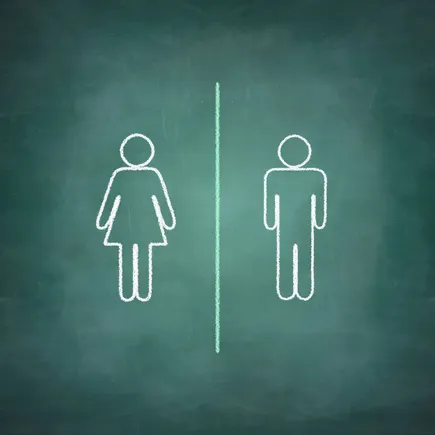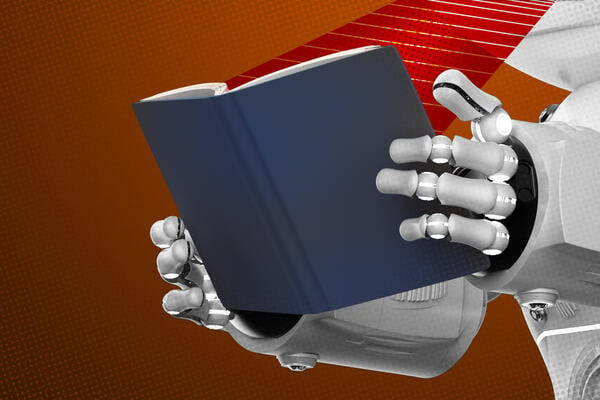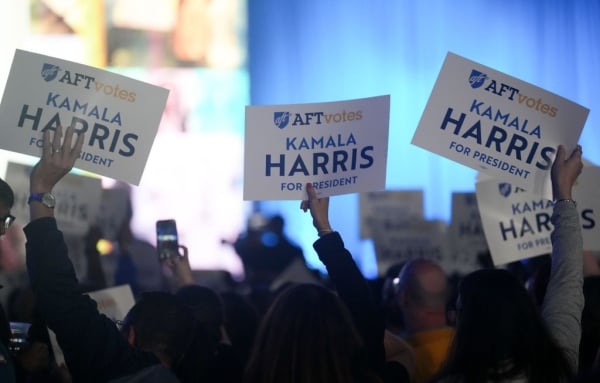Dive Brief:
- More states are defining what it means to be a man and woman in state law, with Texas poised to become the 14th Republican-leaning state to do so since 2023. The state’s sex definition bill was approved last week and now awaits Gov. Greg Abbott’s signature.
- Two additional states — Nebraska and Indiana — regulate the definition of sex through state executive orders, according to the Movement Advancement Project, a nonprofit that tracks legislation related to LGBTQ+ issues.
- While the impact of these laws may vary from state to state, they set the stage to prevent transgender students from accessing facilities and joining athletic teams aligning with their gender identities.
Dive Insight:
Proponents of sex definition legislation say it protects women and girls from sex discrimination based on “immutable biological differences” that can be seen before or at birth. Advocates have used the same argument in recent years to interpret Title IX, the federal civil rights law preventing sex discrimination in education programs, to separate transgender students from girls and women athletic teams and spaces.
The Texas legislation, for example, says “biological differences between the sexes mean that only females are able to get pregnant, give birth, and breastfeed children” and that “males are, on average, bigger, stronger, and faster than females.” These differences, it says, “are enduring and may, in some circumstances, warrant the creation of separate social, educational, athletic, or other spaces in order to ensure individuals’ safety and allow members of each sex to succeed and thrive.”
The language closely mirrors an executive order issued by President Donald Trump upon his return to the Oval Office in January. That order established that “it is the policy of the United States to recognize two sexes, male and female.” The order said “these sexes are not changeable and are grounded in fundamental and incontrovertible reality,” and that the concept of “gender identity” is “disconnected from biological reality and sex and existing on an infinite continuum.”
The language was also reflected in a draft resolution agreement proposed to the Maine Department of Education by the U.S. Department of Education after a short, one-month investigation by the federal agency’s Office for Civil Rights found the state was violating Title IX in its policy allowing transgender students to participate in girls’ and women’s sports teams.
The agreement, which Maine refused to sign, would have had the state department and public schools define “females” and “males” in their policies and require the state to publicize the definitions on its website.
The Maine agency would have been required to notify schools that “there are only two sexes (female and male) because there are only two types of gametes (eggs and sperm); and the sex of a human — female or male — is determined genetically at conception (fertilization), observable before birth, and unchangeable.”
“Gender” would be the same as “sex” under the agreement.
The case is currently pending with the U.S. Department of Justice, which took over enforcement of the investigation and its findings after the state refused to sign the agreement.
The agreement would have also required the state to change its records to erase transgender girls’ athletic accomplishments on girls’ sports teams, which is also a potential side effect of the legislation in 13 states defining sex.
Those opposing recent sex definition laws say they are transphobic, as they don’t recognize transgender people’s gender identity.
“These laws could have dangerous implications for transgender people when it comes to bathrooms, identity documents, and other areas of law or policy,” MAP said, “but because these government gender regulation laws are often vaguely written, the actual impact of these laws remains to be seen in each state.”



